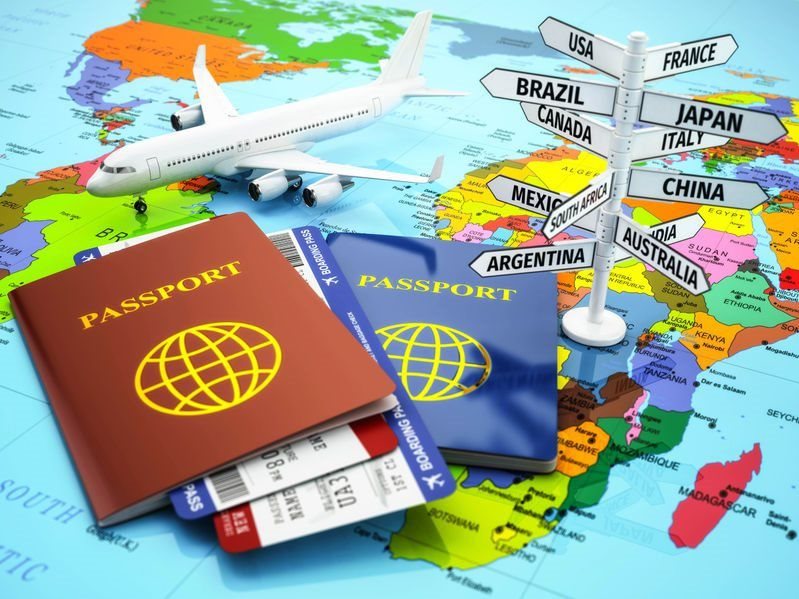UN Tourism has released its latest Tourism Visa Openness report on global visa policies, revealing continuous shifts in international travel regulations.
The report sheds light on the evolving landscape of travel facilitation. It includes the Tourism Visa Openness Index which measures the degree to which destinations facilitate tourism and how open a country is in terms of visa facilitation for tourism purposes. Also, mobility scores are included to indicate the extent to which citizens around the world are subject to visa policies, as well as an in-depth analysis of the reciprocity of visa policies.
Key findings
Regional openness scores:
• Return to pre-pandemic openness: Destinations' openness to international travel has rebounded to pre-pandemic levels following the lifting of Covid-19-related travel restrictions. As a consequence of the pandemic, new forms of travel facilitation, such as "nomadic visas", also appeared.
• Decline in traditional visa requirements: Fewer people worldwide now require a traditional visa to travel, falling from 77% in 2008 to 59% in 2018, and then to 47% in 2023.
• Visa-exempt travel: 21% of the world population does not need any form of visa, an increase from 17% in 2008 and 20% in 2018.
• Visa on arrival: 14% of the world population can apply for a visa on arrival, an increase from 6% in 2008. and 15% in 2018.
• eVisas: 18% of the world population can apply for eVisas, an increase from 3% in 2013 and 7% in 2018.
The report looks at visa regulations for tourism by region, highlighting:
• Asia and the Pacific had the highest openness score of all world regions.
• The most open sub-regions are South East Asia, East Africa and the Caribbean.
• The greatest increase in openness since the last report in 2018 was observed in South Asia and West Africa.
• The most restrictive regions remain Central and North Africa, North America and Northern and Western Europe.
• Visa exemptions are particularly prevalent in the Caribbean and Central America.
• Visa-on-arrival policies are common in East Africa, South Asia, South East Asia and West Africa.
• Traditional visa requests in the Middle East decreased from 71% of the global population in 2015 to 57% in 2023.
• eVisas are prevalent in West and East Africa and South Asia.
Recommendations for streamlined travel
The report underscores the pivotal role of visa policy improvements in fostering tourism growth. Key recommendations include increased integration of tourism perspectives into visa strategies, targeted visa-exemption programs for low-risk traveller markets and expanded visa-on-arrival facilities.
In addition, clear communication on visa policies is vital, along with a streamlined visa application process, accelerated processing times and optimised entry procedures for an enhanced visitor experience






































